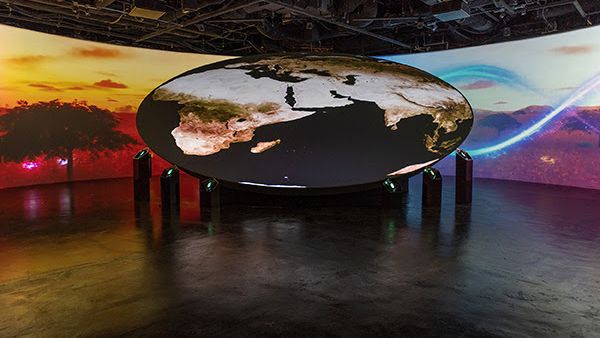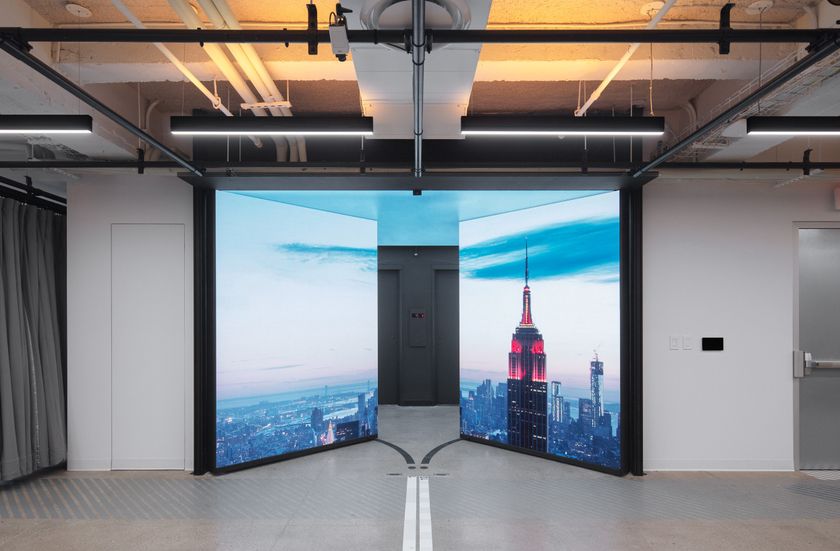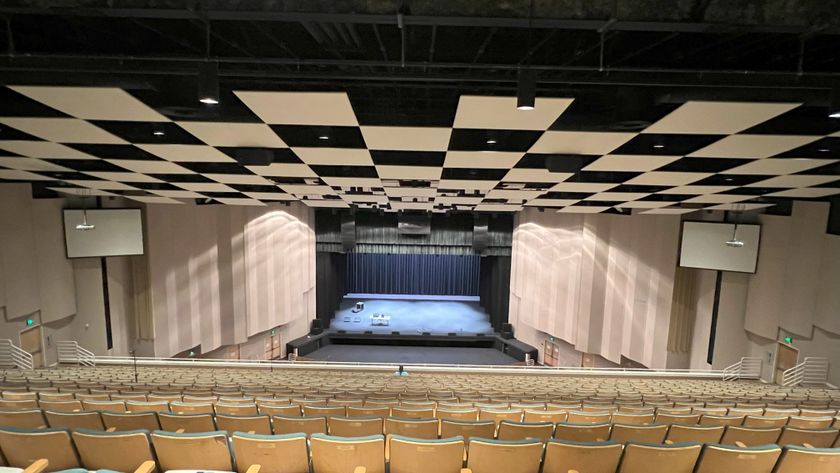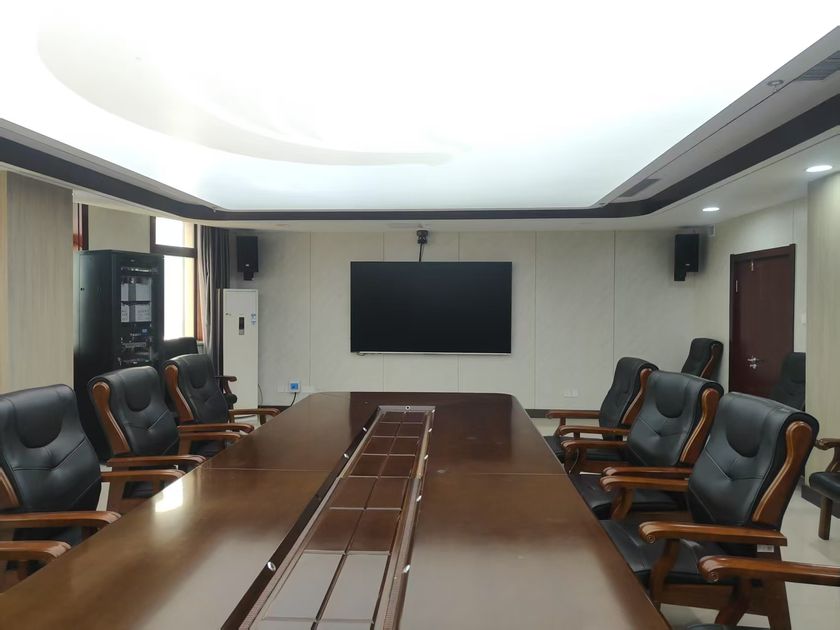A trip to a modern museum is a treat for all ages, offering us the chance to be plunged into alternative realities as part of an experience designed to entertain as well as educate. Inspired by Shogakukan’s NEO series of picture books, the Zukan Museum Ginza in Tokyo is a perfect example: Described as an ‘experience-based facility’ that fuses the digital and the real, Zukan Museum offers an immersive and interactive journey to discover the natural world beyond time and space. Over 100 Genelec loudspeakers combined with video technology help drive the experience where natural environments of forests and water are seamlessly connected for a magical journey through the world of living things.
"The museum faithfully recreates the ecosystem of the natural world, with different creatures appearing in each area, such as the forest, savanna, underwater, etc., where the act of observing and recording the creatures is interactive. For example, if you get too close to a creature, it will be startled and run away," explained Jun Fujiwara of invisi—who handled the sound production and UX design.
[Journey Through the Seven Continents in This Breathtaking Immersive Experience]
"The acoustical element is made up of three components: sounds produced by living creatures; background environmental sounds; and musical elements," explained Takashi Miyamoto of coton—who was responsible for implementing the audio system and sound design. "The environment changes according to the time of day, just as it does in the real world. The musical elements are generated using coton’s original music generation technology called ‘soundtope’ which automatically produces the most appropriate music based on the season and time of day, for a truly authentic experience."
These three acoustical elements, with a total of 150 channels of sound, create different worlds in each of the multiple areas within the museum. There is no physical separation between areas, so it was particularly important to ensure that transitions from one area to another are smooth and coherent.
"In order to ensure seamless transitions between naturescapes, we used a common tonal scale between adjacent areas to prevent sounds from clashing with each other," continued Miyamoto. "Furthermore, in terms of timbre, the placement of intermediate common tones between areas has the effect of a boundary partition, like a sound curtain. Another acoustical issue that emerged was the panning system, which pans the sound produced by the creatures. The loudspeaker arrangements didn't allow us to use existing panners, so we had to develop our own panning system."
[Show Me the Monet: My Daughter and Her Friends Loved This Immersive Adventure]
According to Miyamoto, the excellent localization achieved by Genelec loudspeakers with the panning was the deciding factor in deploying them at the museum, along with their extremely accurate sound reproduction. "Other loudspeakers used different mechanisms to achieve localization, but that was problematic in multichannel setups, and in general, they lacked the accurate sound reproduction we were looking for. Genelec’s superlative acoustic characteristics and flexible installation were a major attraction."
"As we wanted to prioritise the atmosphere of the museum, we tried to make the loudspeakers as invisible as possible," Fujiwara agreed. "We explored various options, including high positions on the ceiling and gaps in the structure. This meant the loudspeakers had to be as small as possible—and when it came to the size/performance ratio, Genelec was the obvious choice."
At the Zukan Museum, 85 compact 8010 active studio loudspeakers, 23 of the slightly larger 8020 models, and seven 7360 subwoofers were installed throughout the space. The 8010 is used widely throughout the museum due to its combination of exceptional performance and small footprint, while the 8020 is used specifically for reproducing creature sounds—which require more low-end. In addition, Genelec’s huge range of accessories proved ideal for the project, with the 8000-420 short wall mount and 8000-416 truss mount both employed to achieve flexible installation tailored to the space.
[There Are Immersive Experiences, and Then There's This]
"To create the world that living creatures inhabit, we received supervision from Emeritus university professors and other experts," observed Takayuki Kitai of AID-DCC —who was involved in the overall creative process of the facility. "We believe that we managed to provide an experience unique to this museum that cannot be obtained in conventional facilities. Since its opening, the museum has received favourable reviews from various fields as a new form of experiential facility. I hope many people will experience it."










